SURIGAO DEL NORTE, April 28, 2023 – Promoting farmers’ involvement and bottom-up approach to project planning, the Department of Agriculture – Special Area for Agricultural Development (SAAD) Program Phase 2 in Caraga introduced the Participatory Rural Appraisal (PRA) in a three-day activity to prepare implementers for 2024 social preparation.
PRA involves a set of data-gathering tools and analyses to understand local agricultural conditions, problems, and characteristics in a community. It is a valuable tool in the social preparation component of the program to promote community participation where members become active partners in identifying their problems, narrowing options, and coming up with solutions from the ground up.
PRA involves four (4) stages and tools to arrive at a farmer-centered planning and action.
Phase 1 includes conducting a village walk and developing an agro-ecosystem map reflecting the socio-economic and enterprise activities in the locale, which leads to identifying problems and opportunities future research could address. Informants of this phase are people knowledgeable in the area.
Phase 2, with elders as recommended informants, traces the historical events in the community that shaped its development by making a Timeline and Trend Analysis to visualize the directions or patterns of the changes in the community.
Phase 3 informants are intended farmer-beneficiaries. It involves multiple tools with outputs valuable in planning sensible projects and seeking external support to ensure sustainability. It involves a seasonal calendar, cost-and-return analysis, resource flow, and institutional diagrams.
Finally, Phase 4 involves Problem Ranking, Problem Cause Diagram, and Problem Solution Ranking to identify the main problem in the community and top solutions. Also included is the development of Strengths, Weaknesses, Opportunities, and Threats (SWOT) and plotting its outcomes in TOWS Matrix (SWOT reversed) to plot actions that are valuable in the Action Plan Matrix, the final output of PRA, indicating the design of a project or an activity. Being the final step, farmer-leaders are expected as informants and participants of Phase 4.
Due to time constraints and budget cut, PRA will be formally implemented in 2024, and in the meantime, Beneficiaries Needs Assessment (BNA) will be utilized for the 2023 implementation. BNA is a tool to identify and gather information relative to the needs and gaps of SAAD farmers with regard to their current and desired situation. Outputs will be collected by the program implementers.
Rollout of the PRA among 14 priority municipalities under SAAD Phase 2 will commence in 2024, which will be the basis for the additional project proposals or expansion initiatives of assisted farmers’ groups in the succeeding years.
The resource persons included DA Agricultural Program Coordinating Office – Dinagat Islands Chief Rey Frias; SAAD Staff Junabelle Casio and Niña Jane Villagonza; and Research Division’s Supervising Science Research Specialist Florites J. Rosales and Senior Science Research Specialist Reynan P. Mamalis, the latter with first-hand experience in conducting PRA as a prominent set of tools in their Division.
PRA training in Caraga was held in General Luna, Surigao del Norte, on March 28 to 30. SAAD regional and provincial staff, led by Regional Lead Marco Antonio Morrido participated in the training workshop with representatives from the concerned Municipal Agriculture Offices (MAOs).###
Writer: Mark Angelo Pineda, DA-SAAD Caraga Information Officer

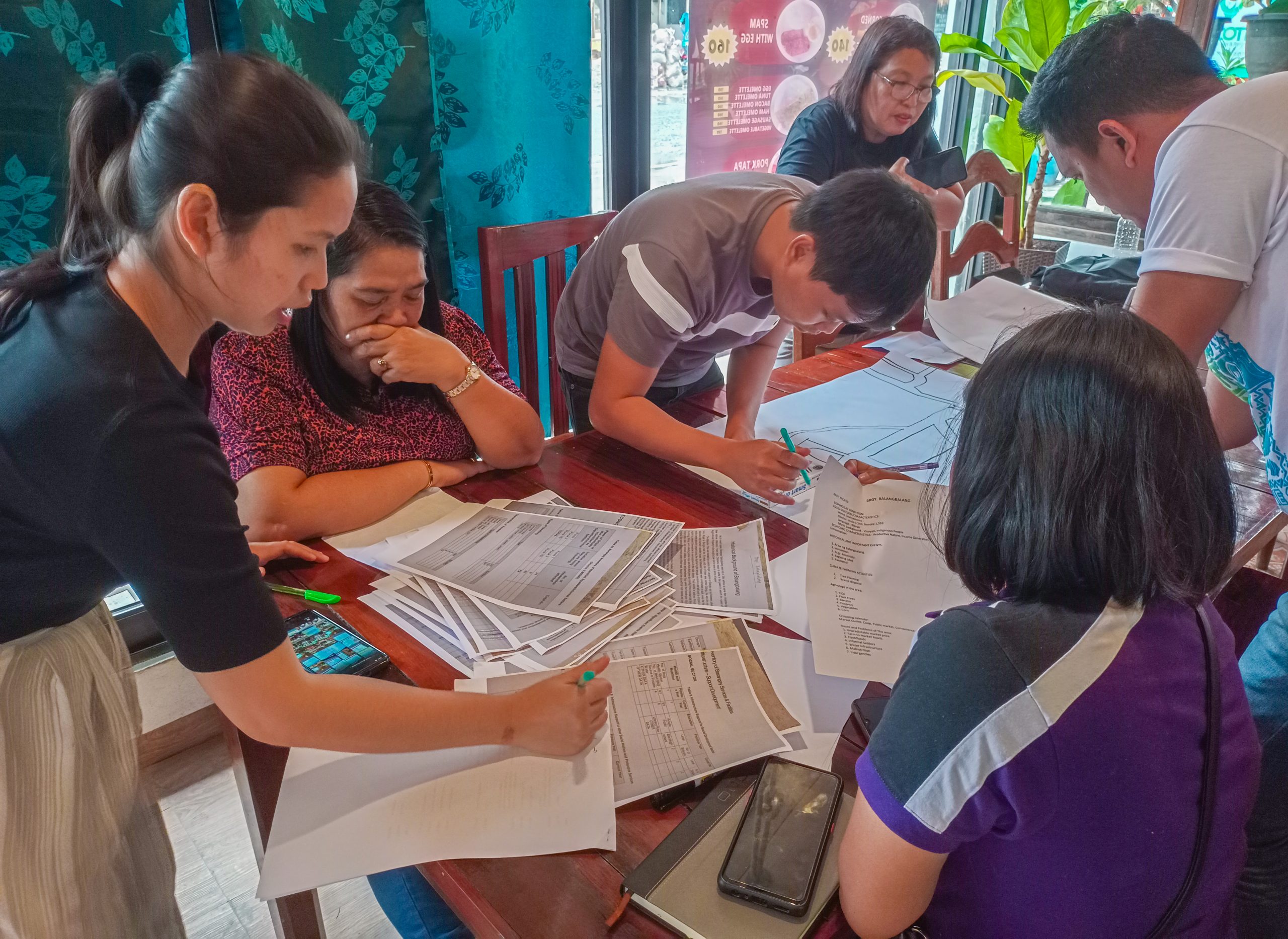
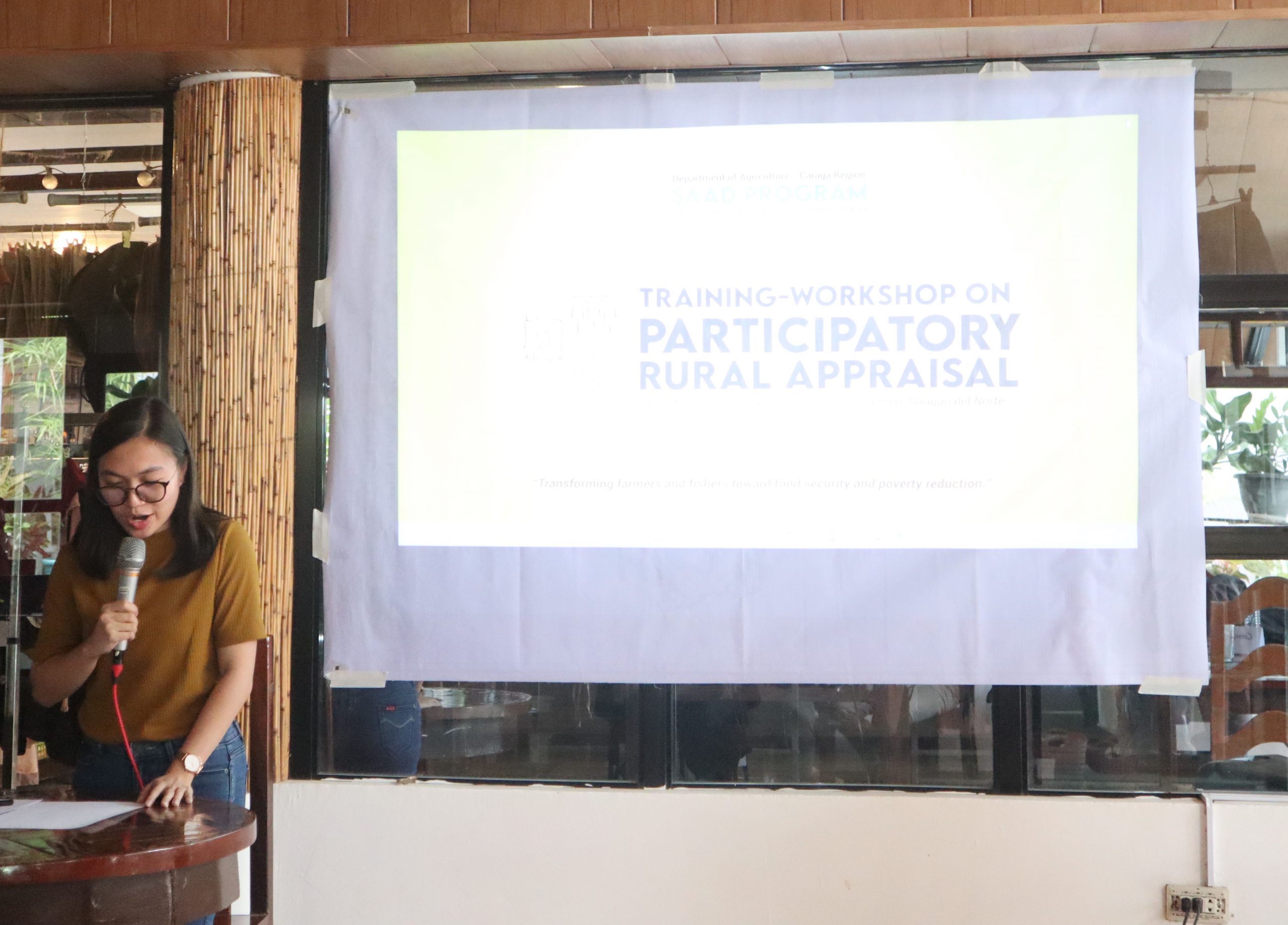
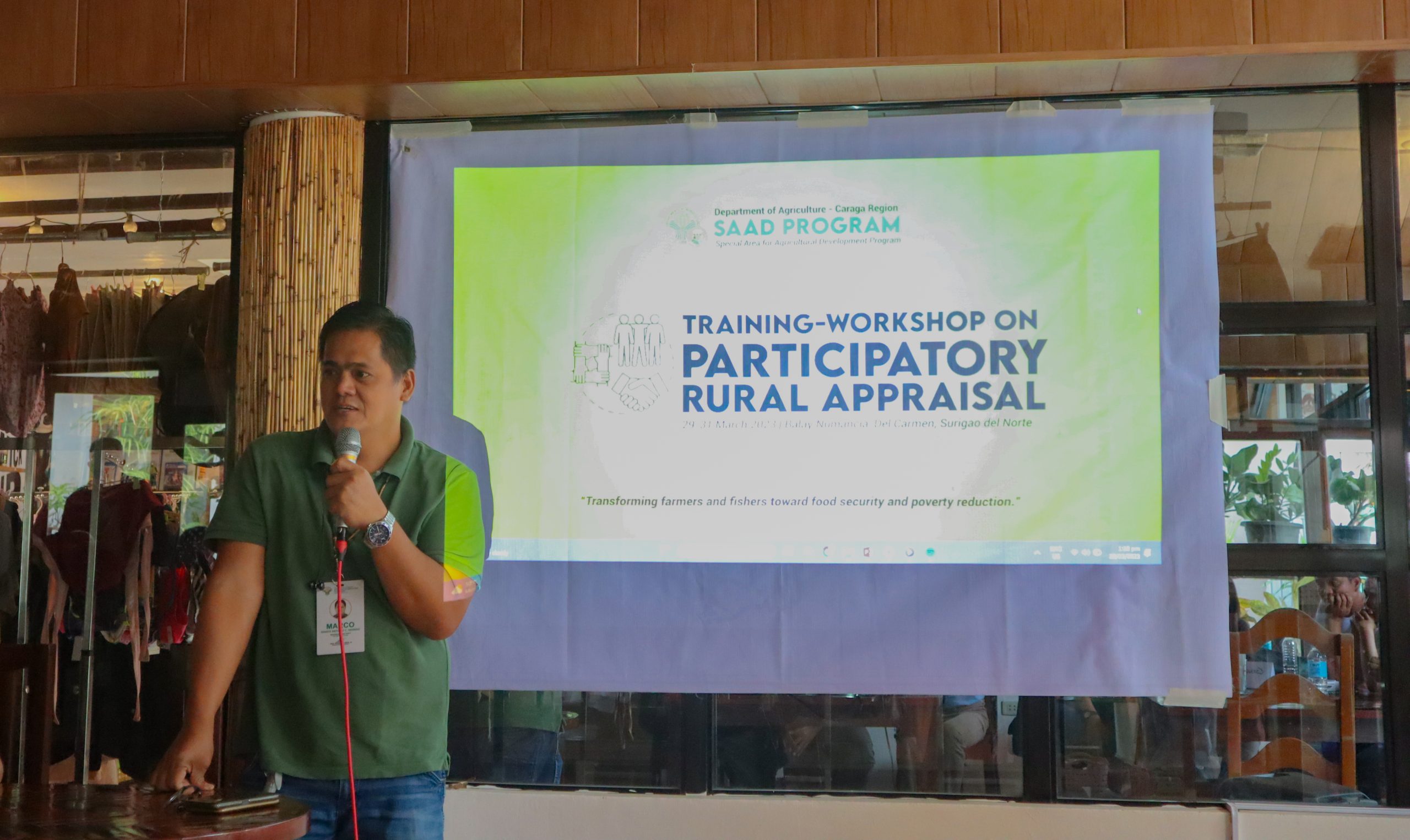
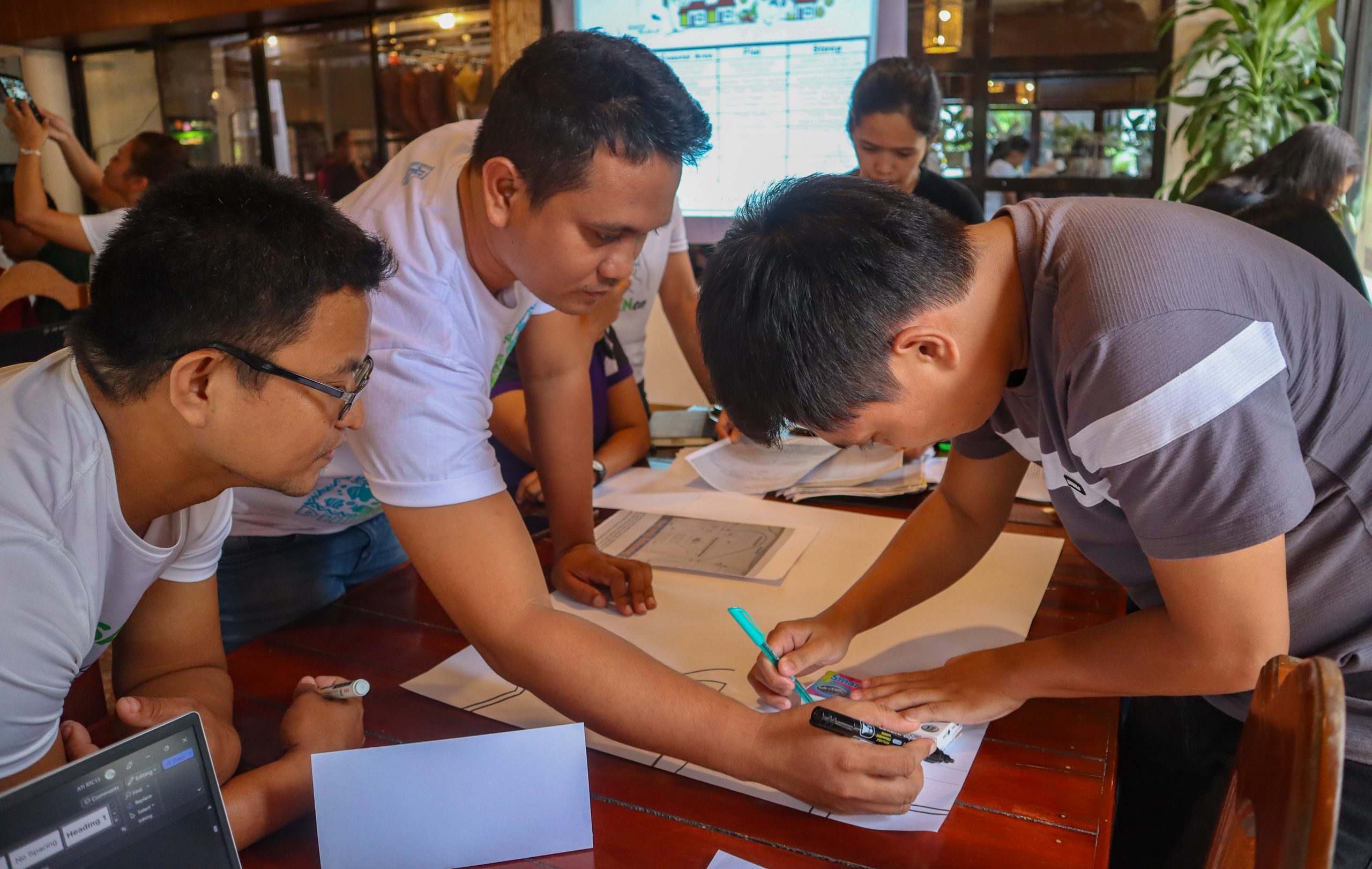
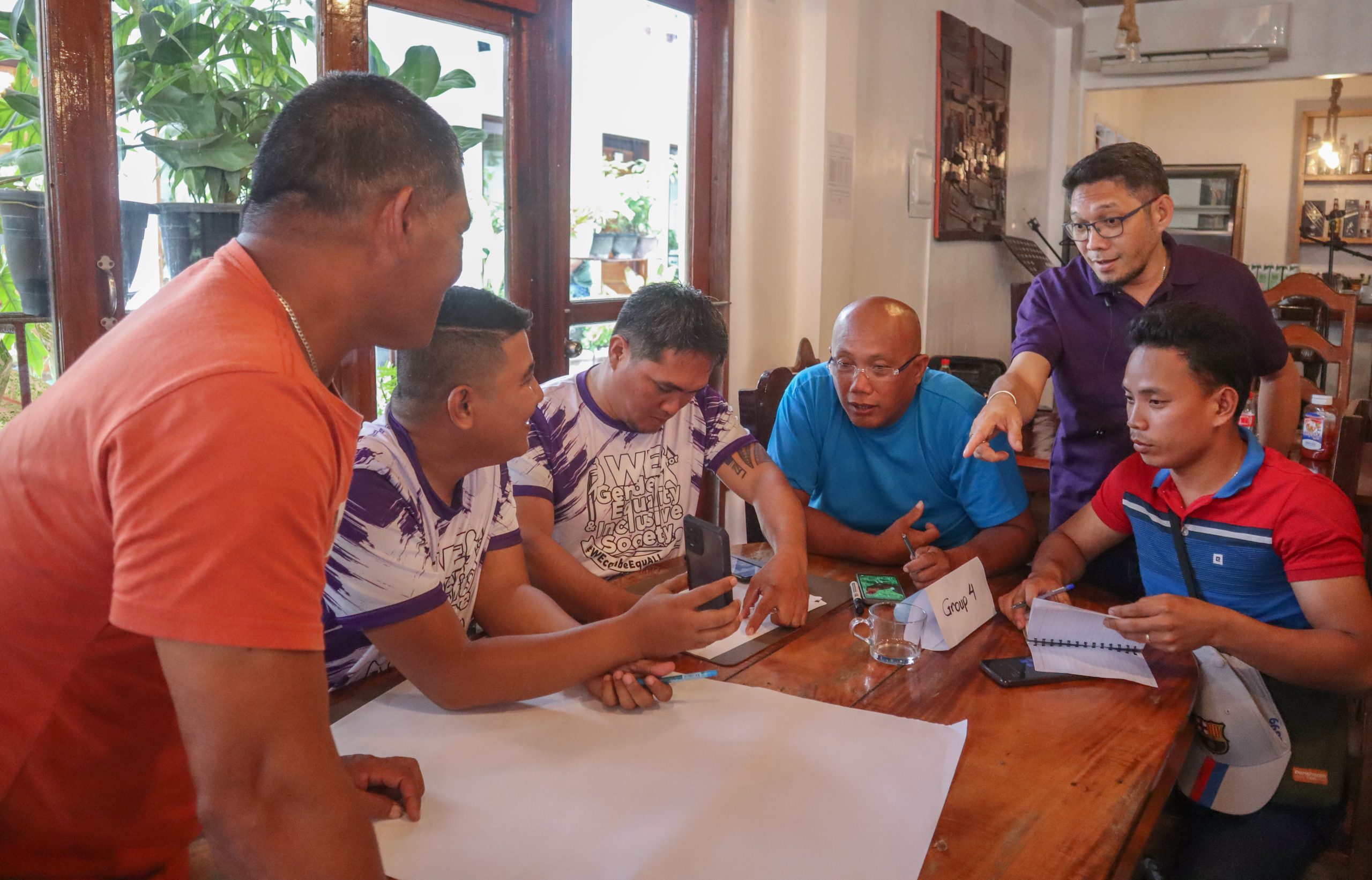
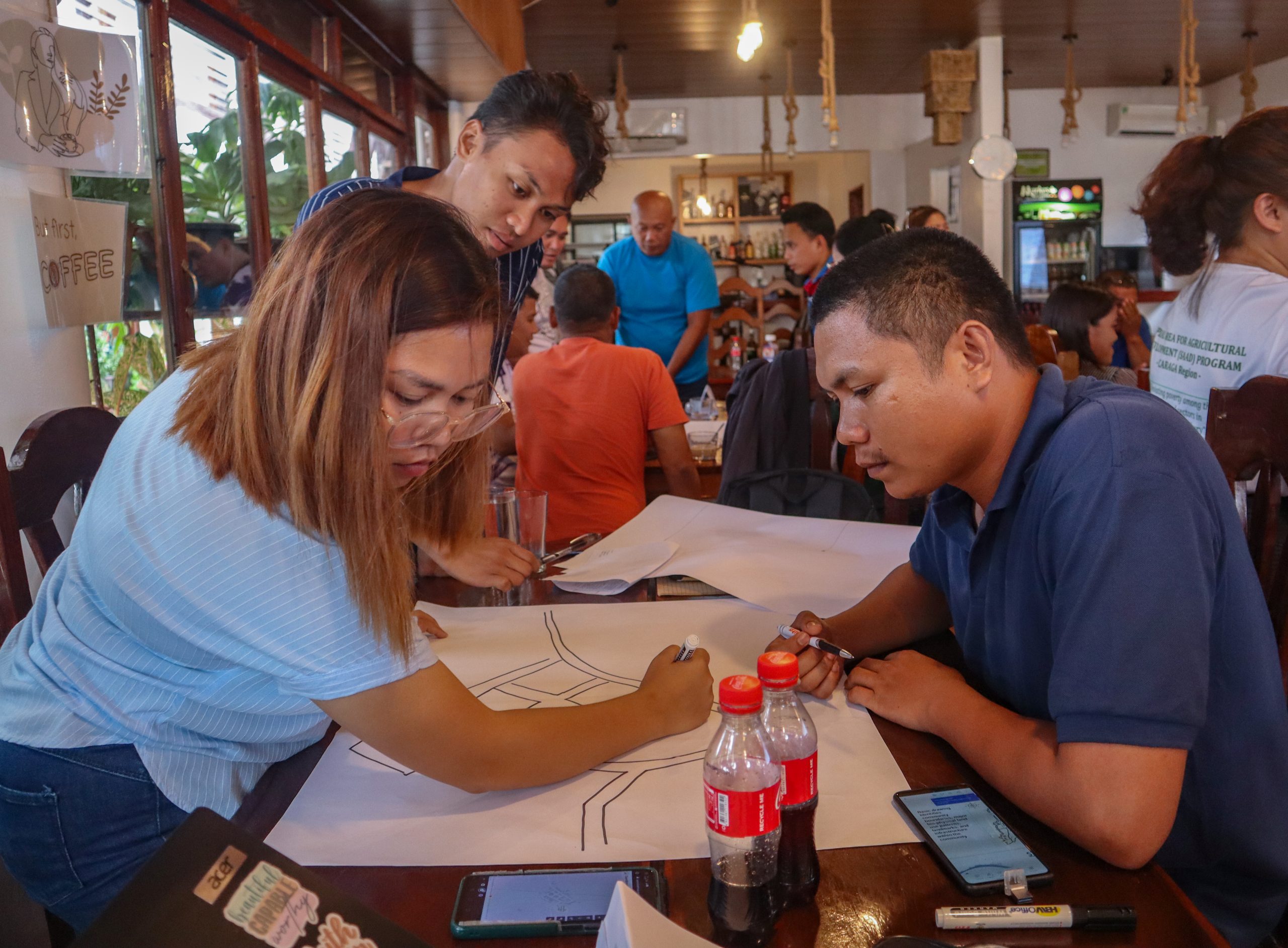
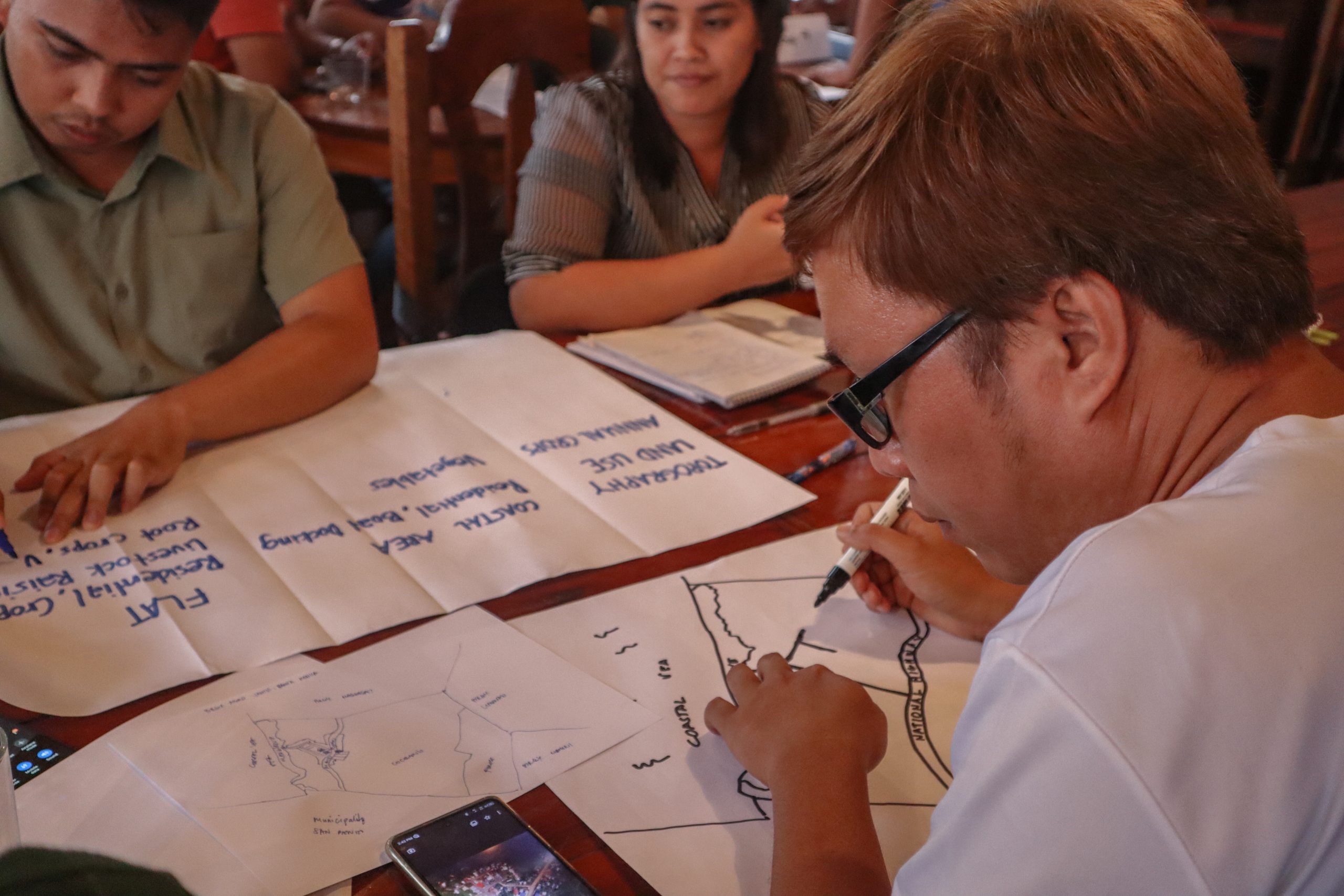
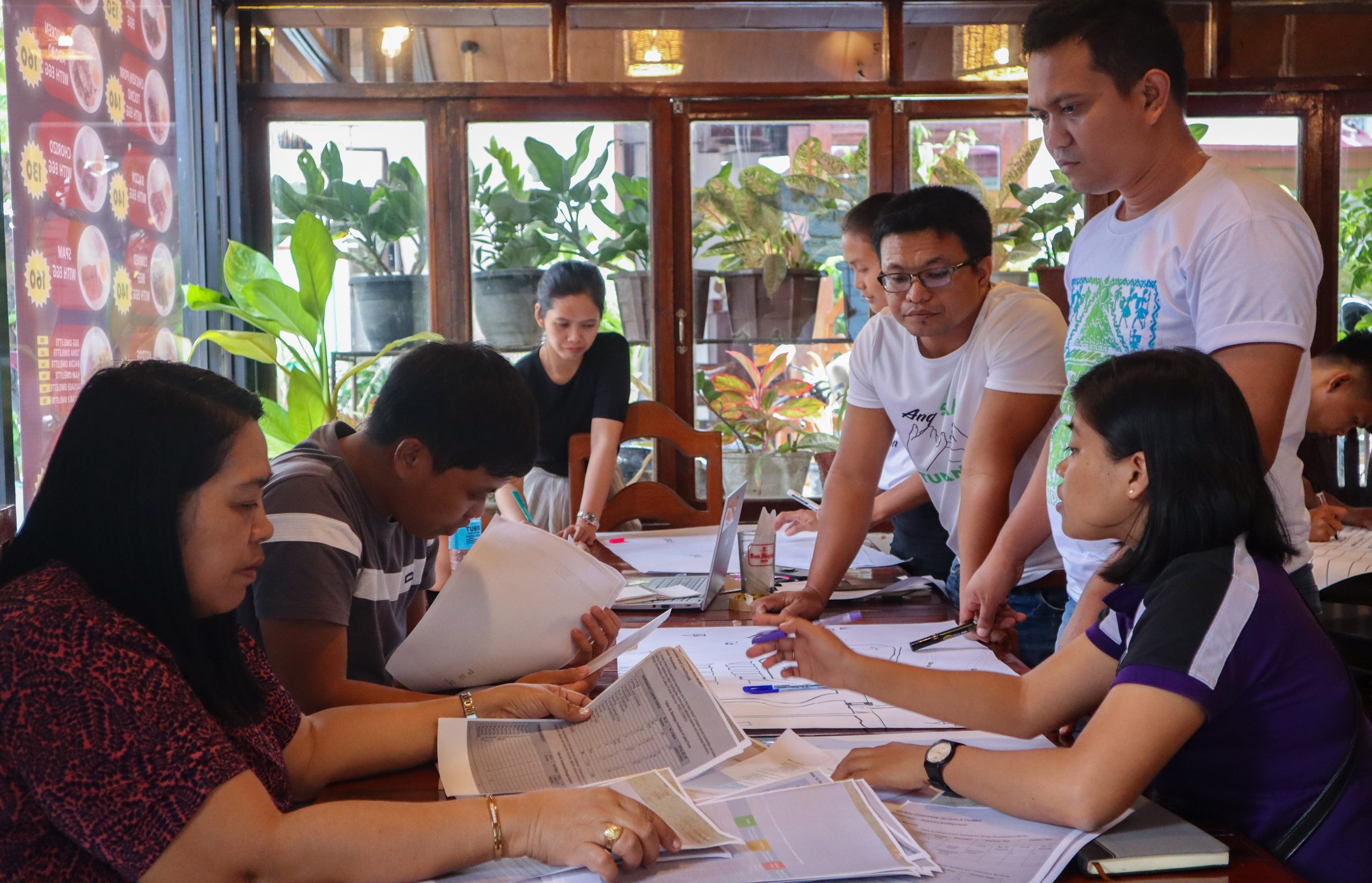
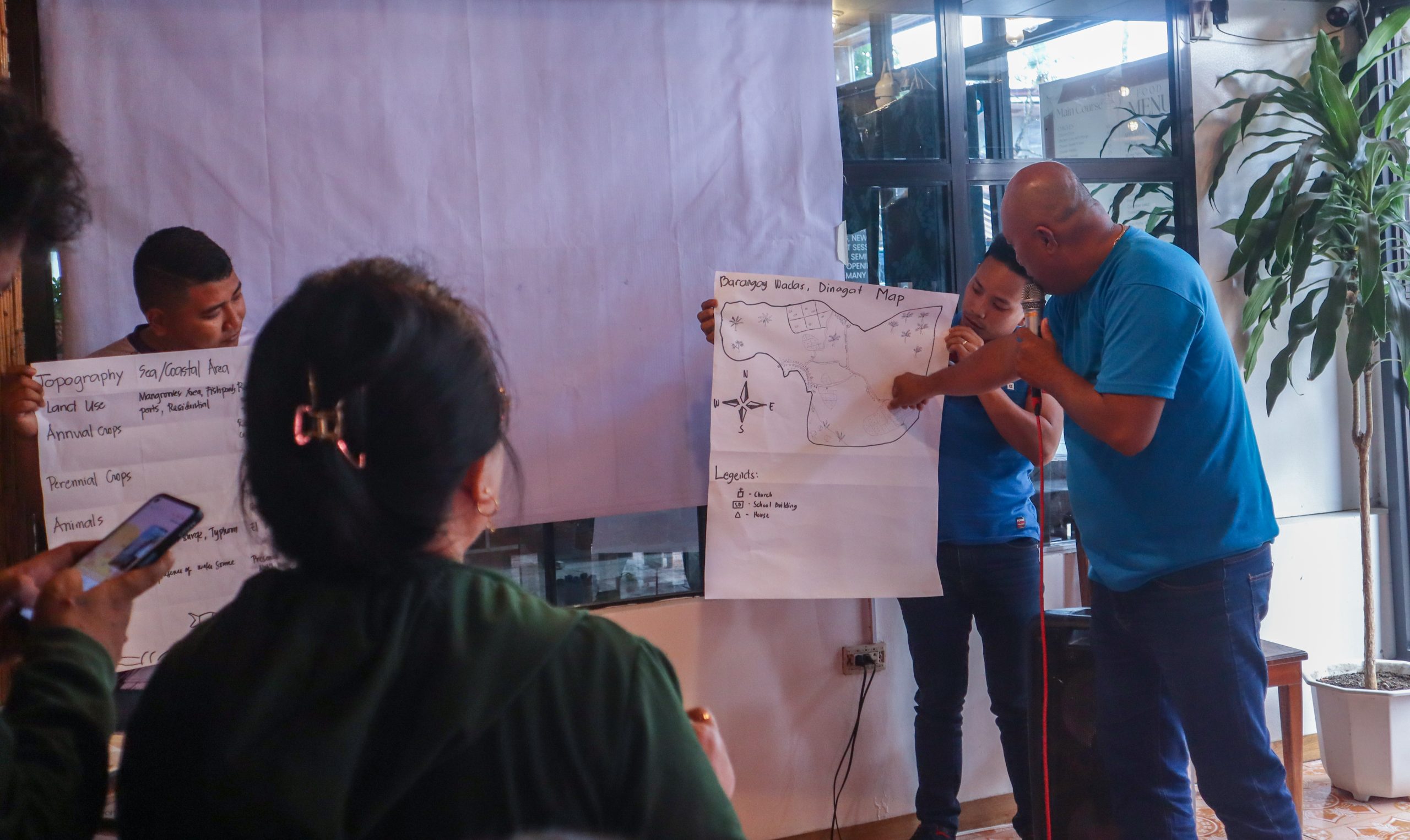
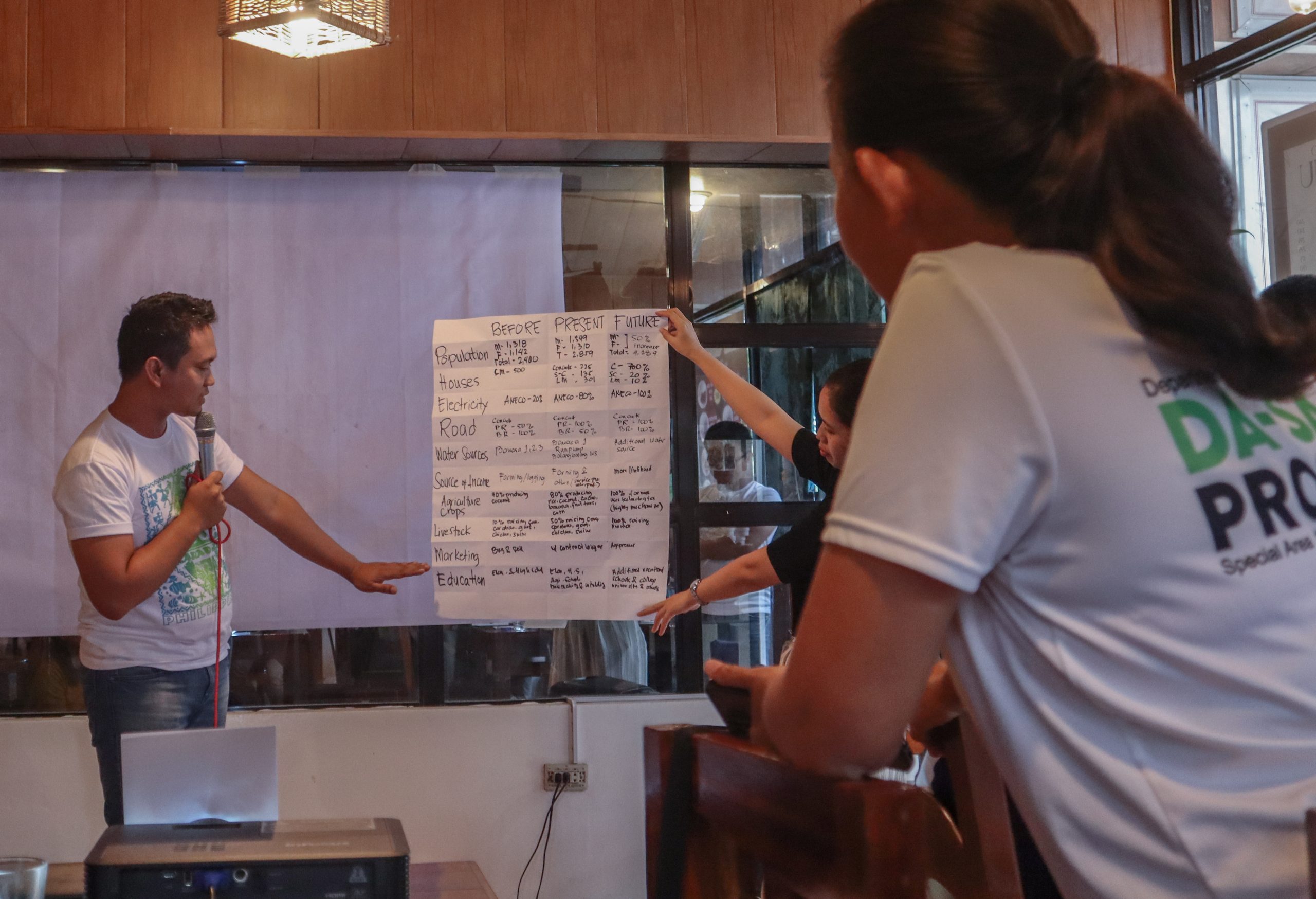
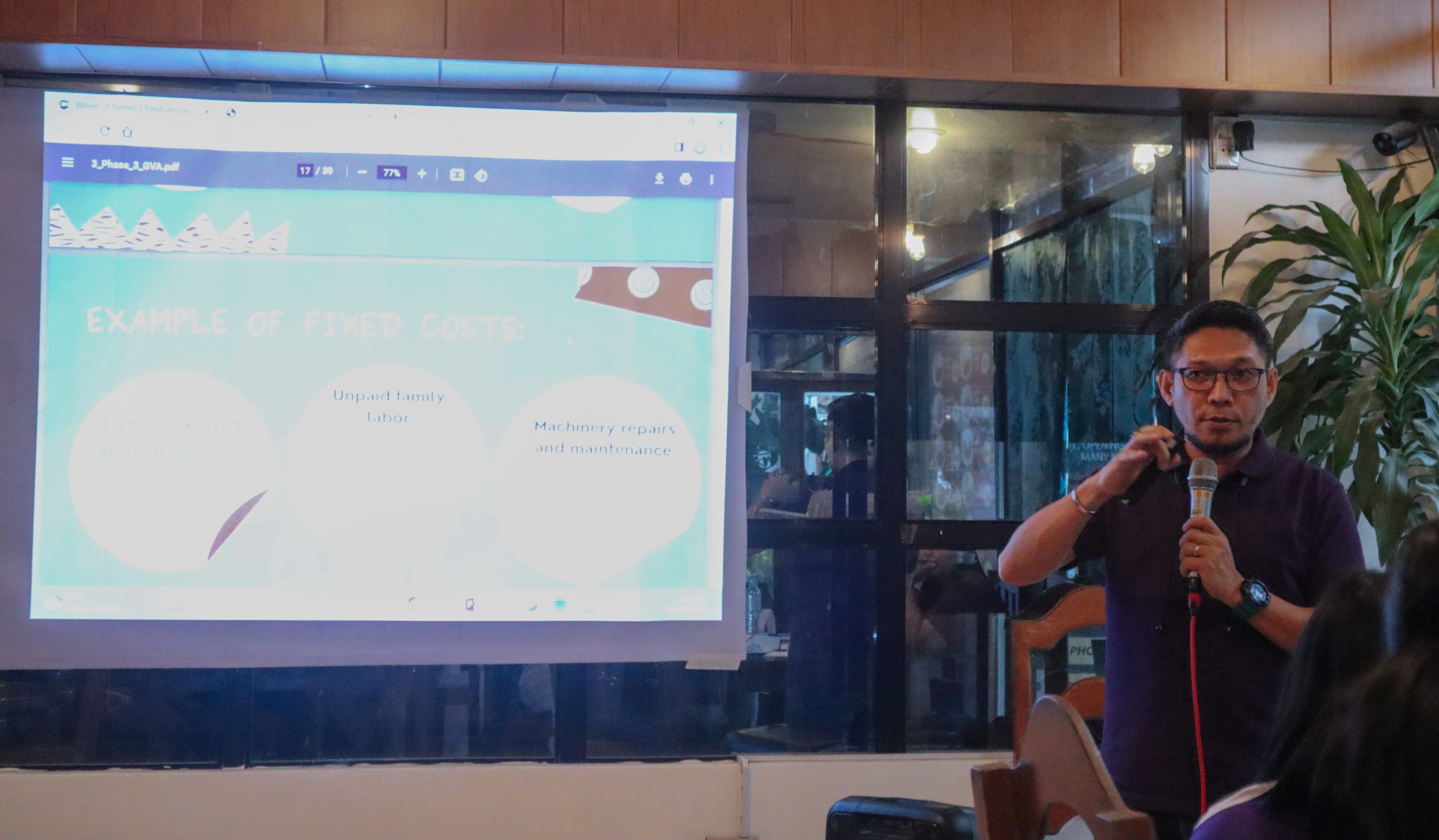

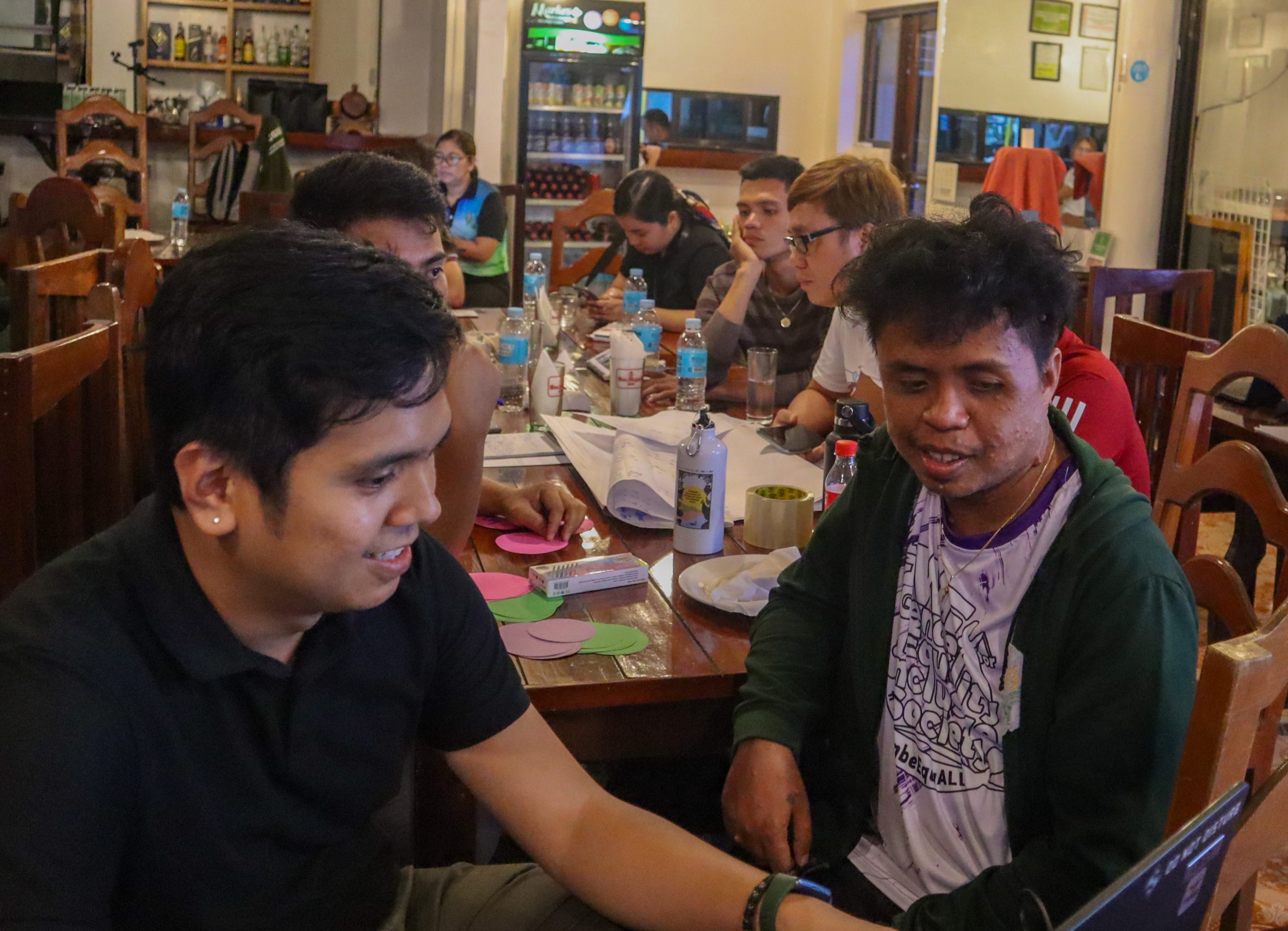
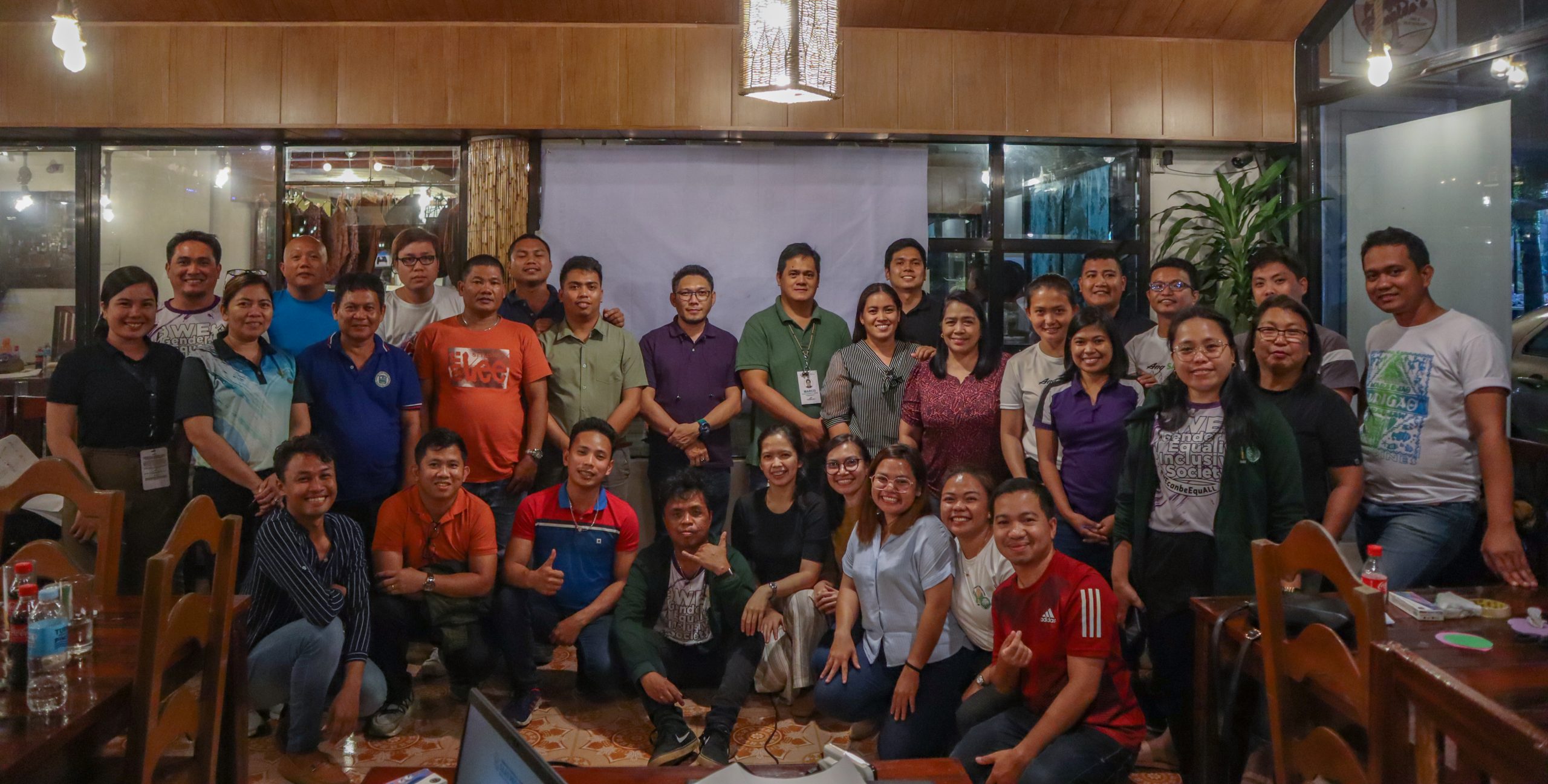
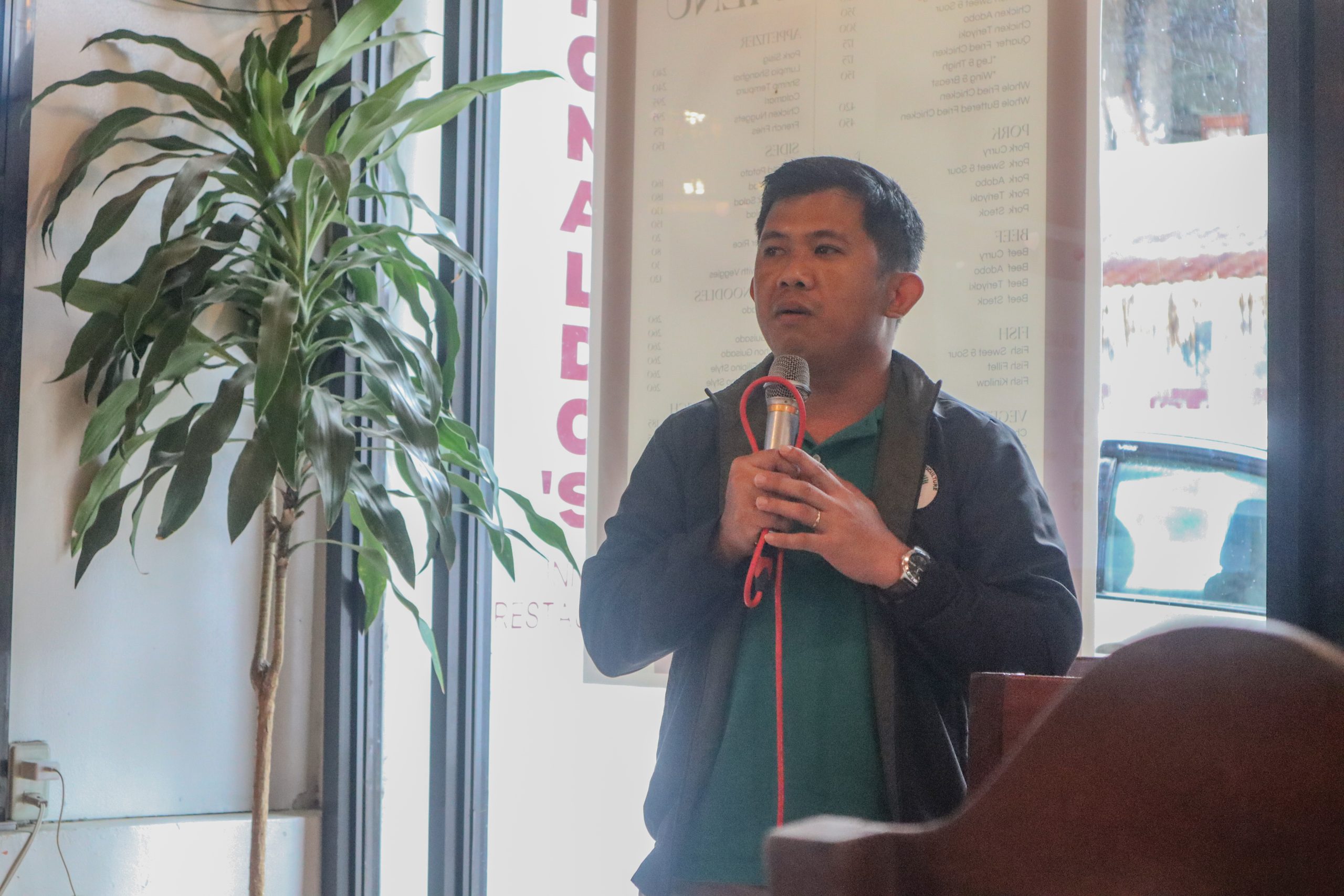
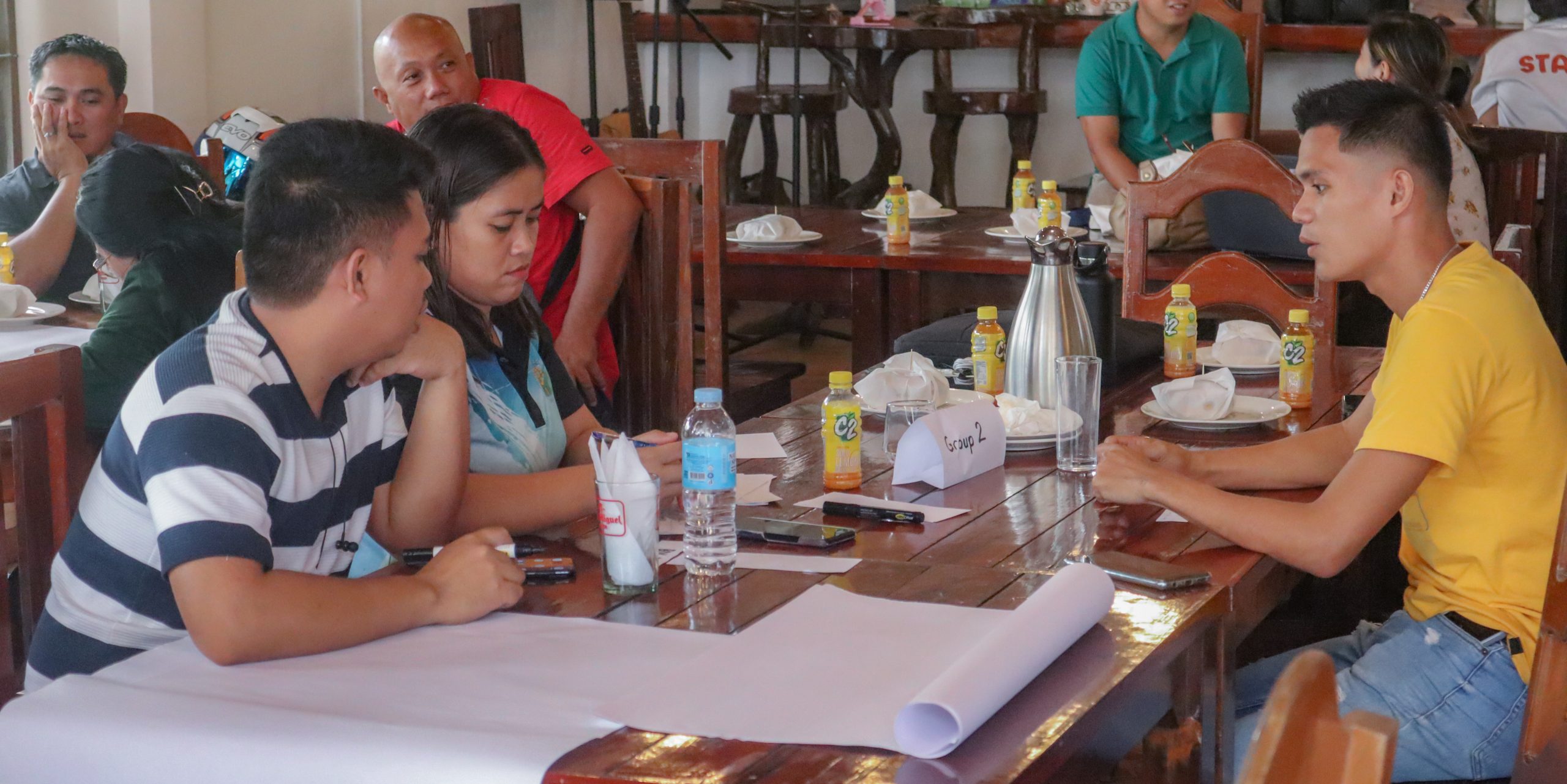
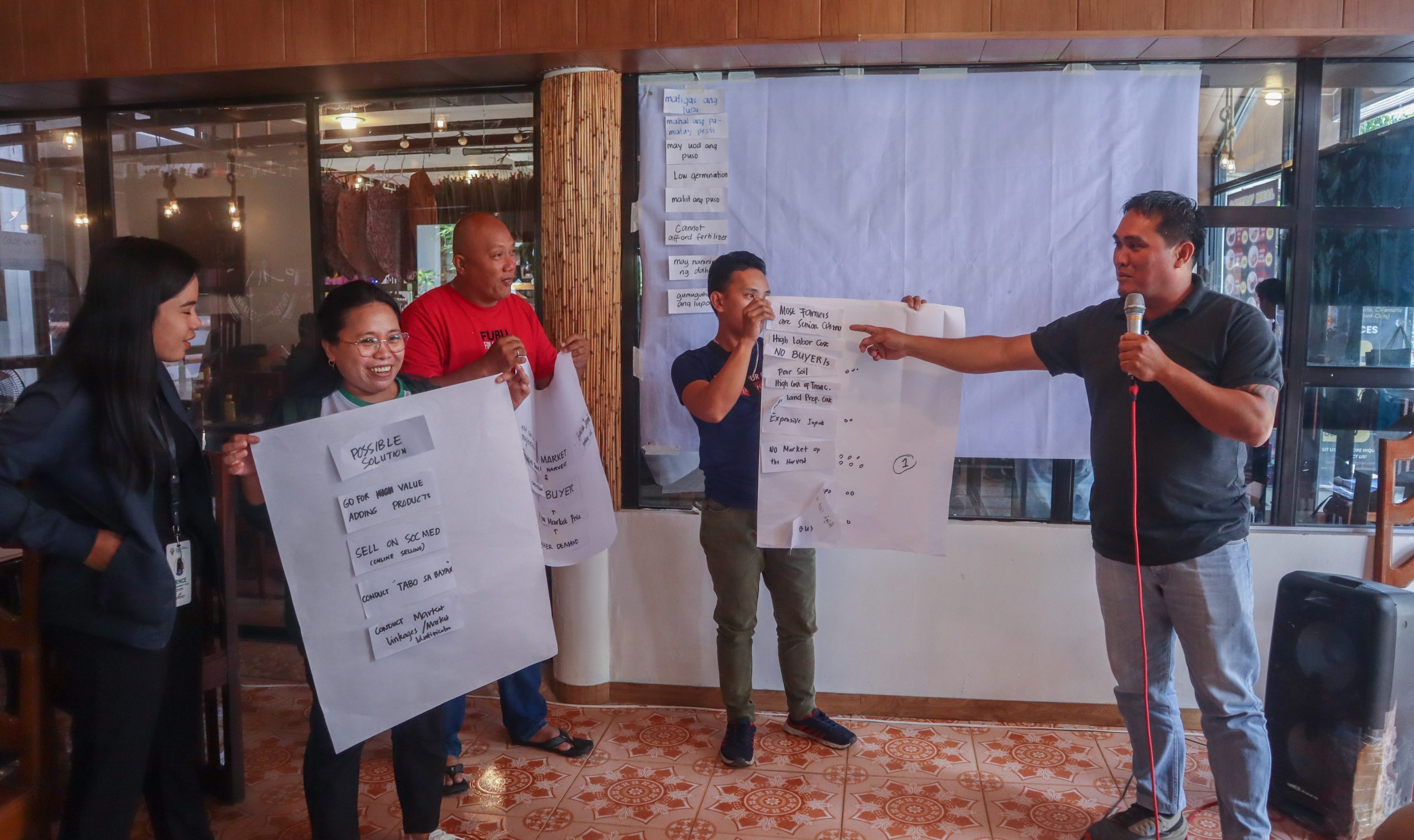
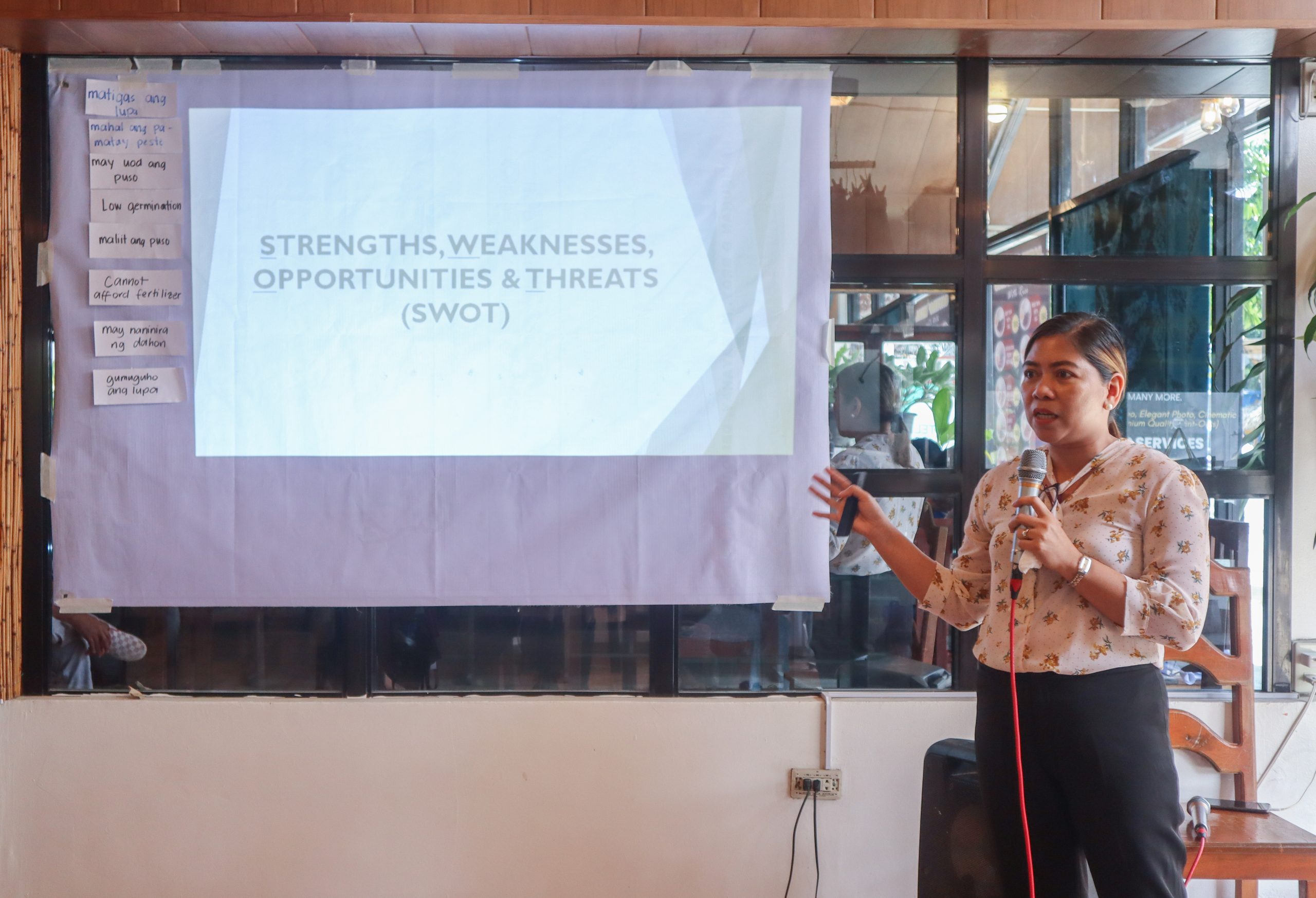
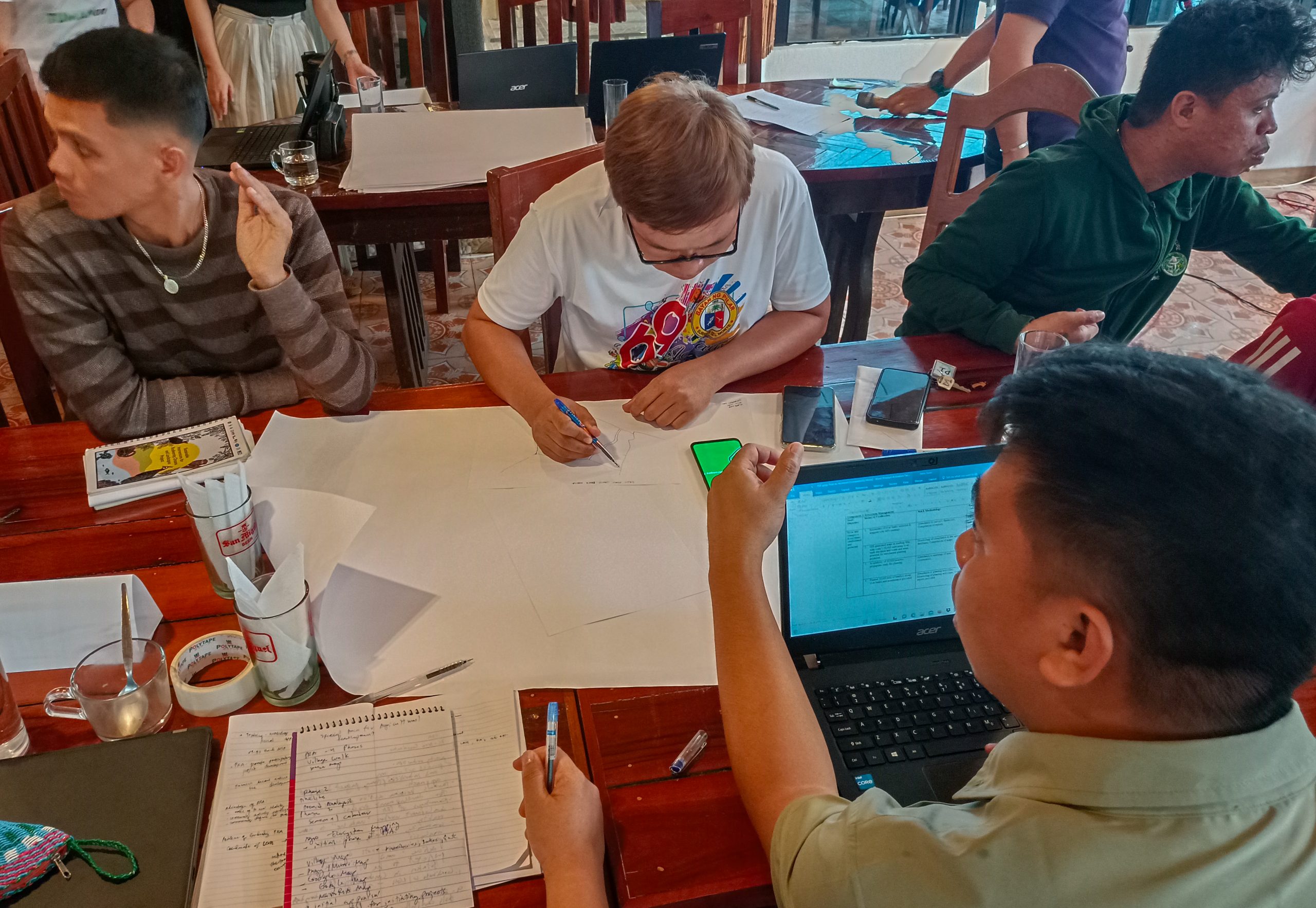
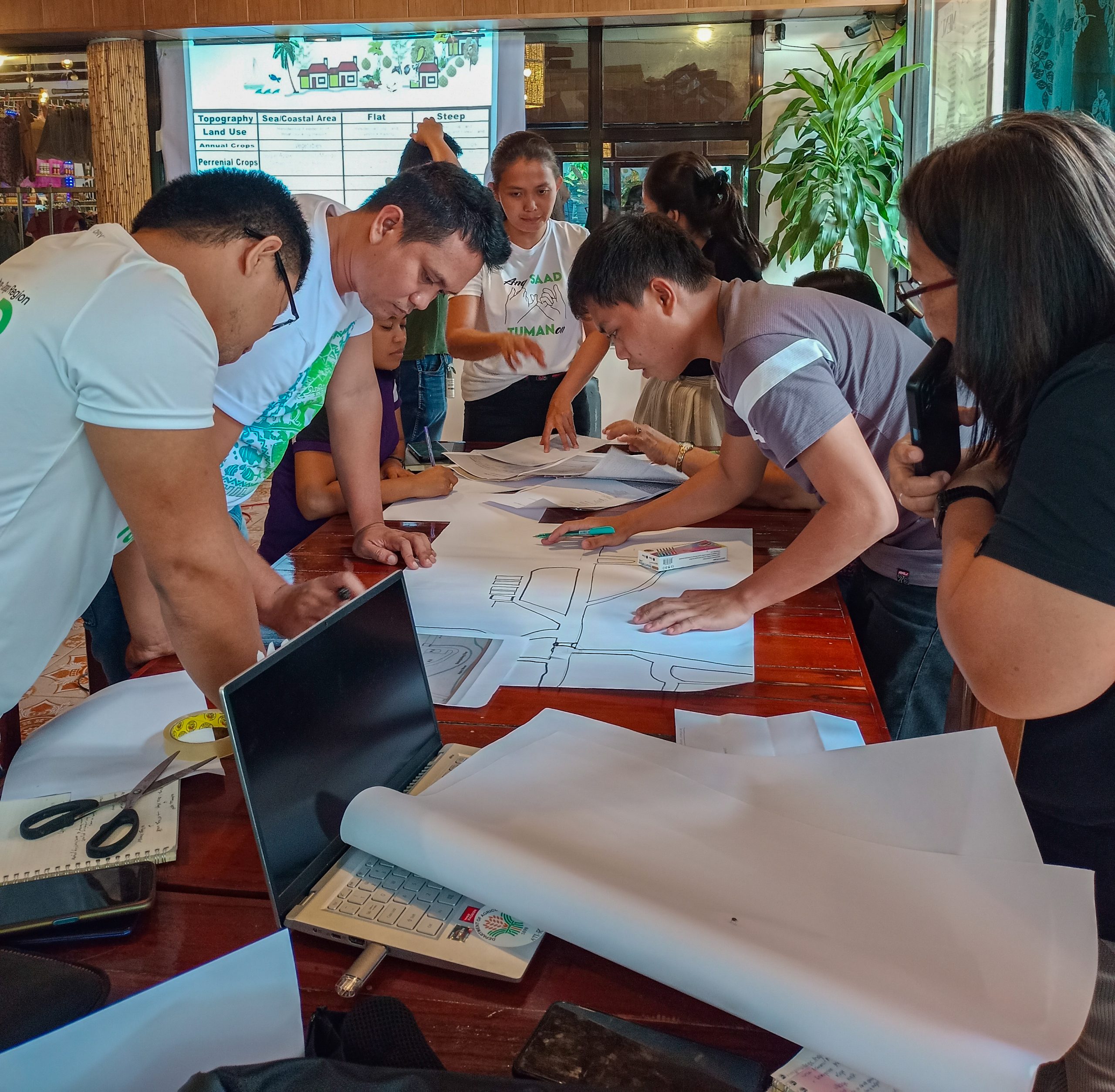
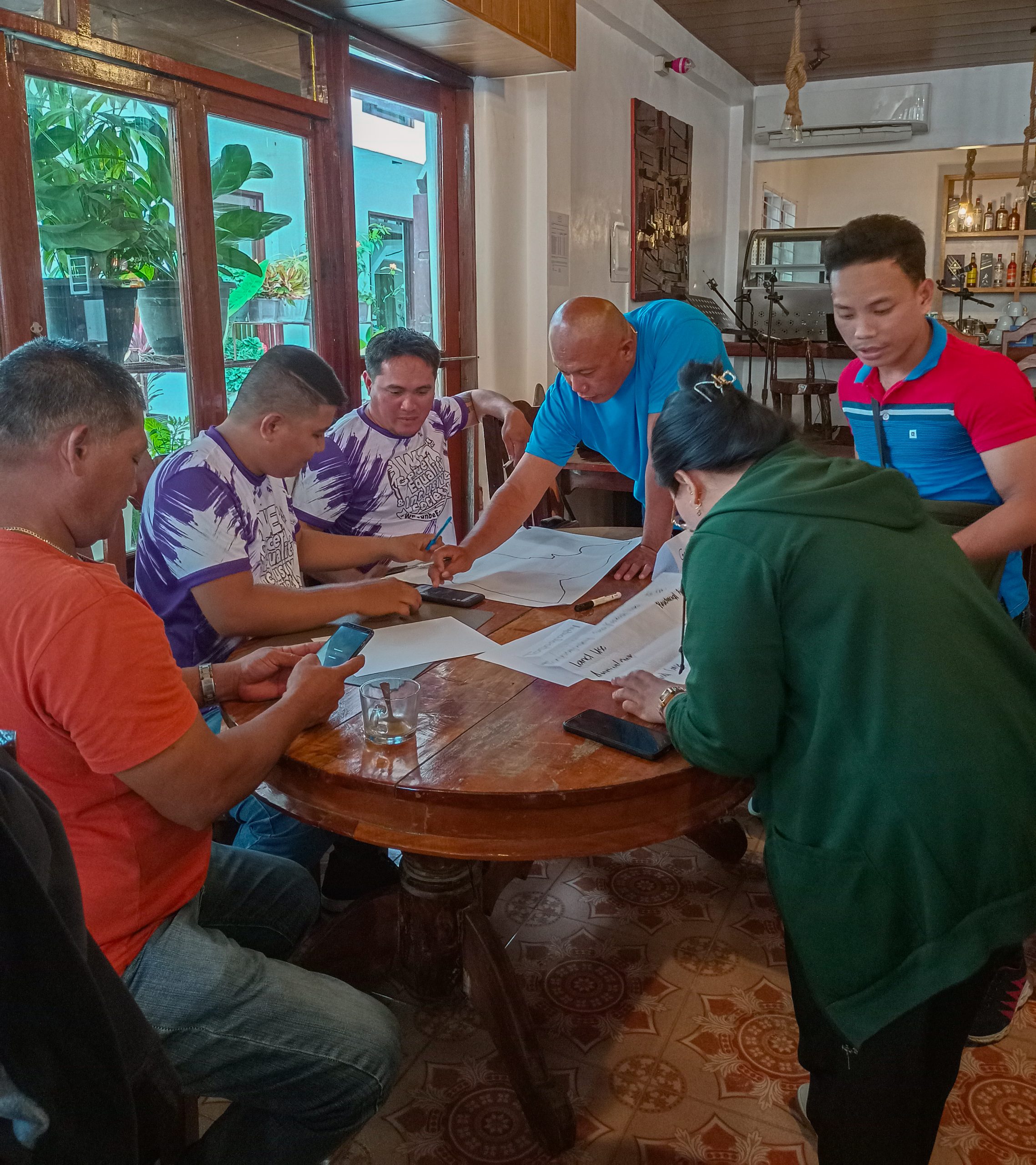
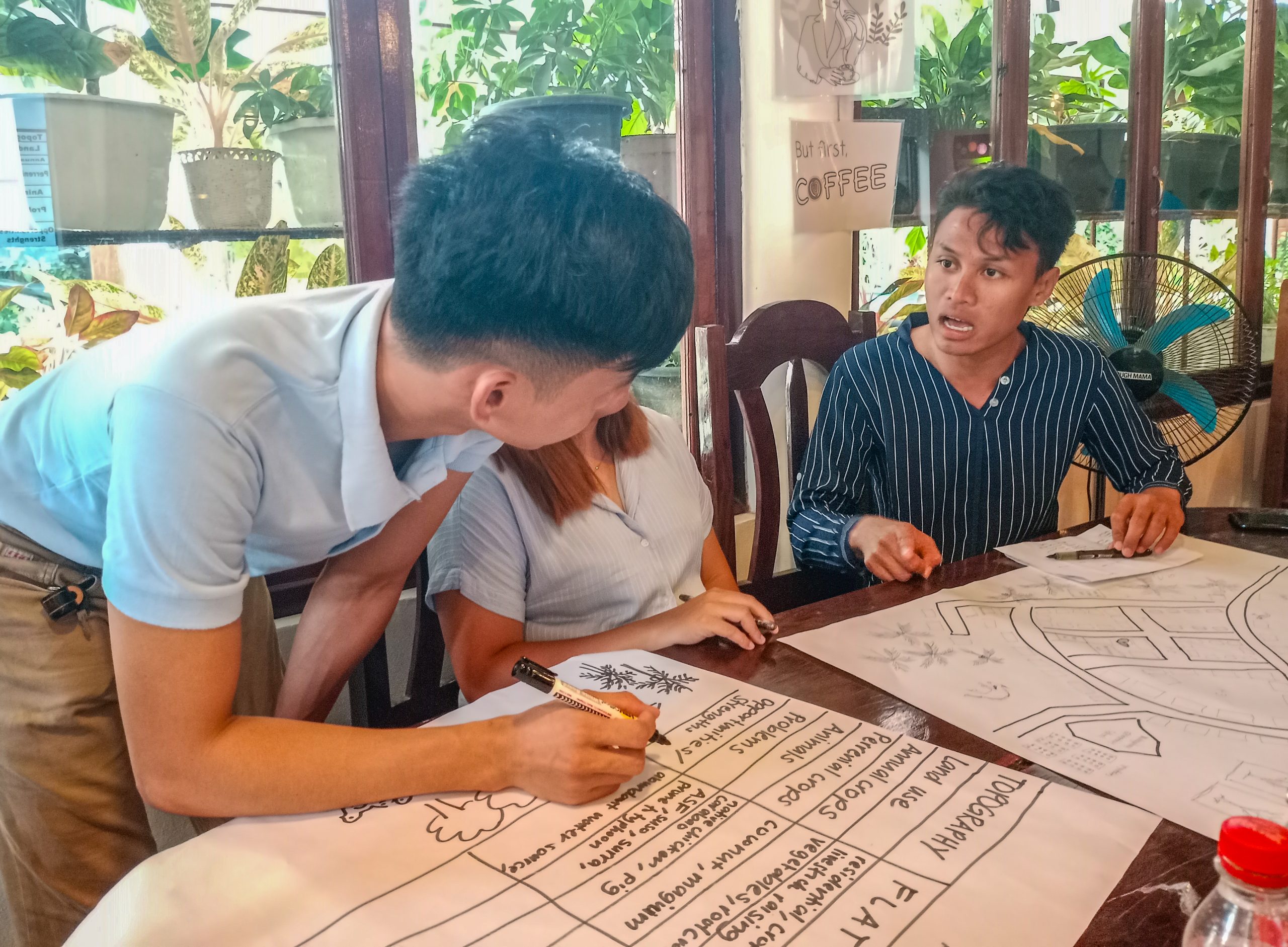
Comments (0)